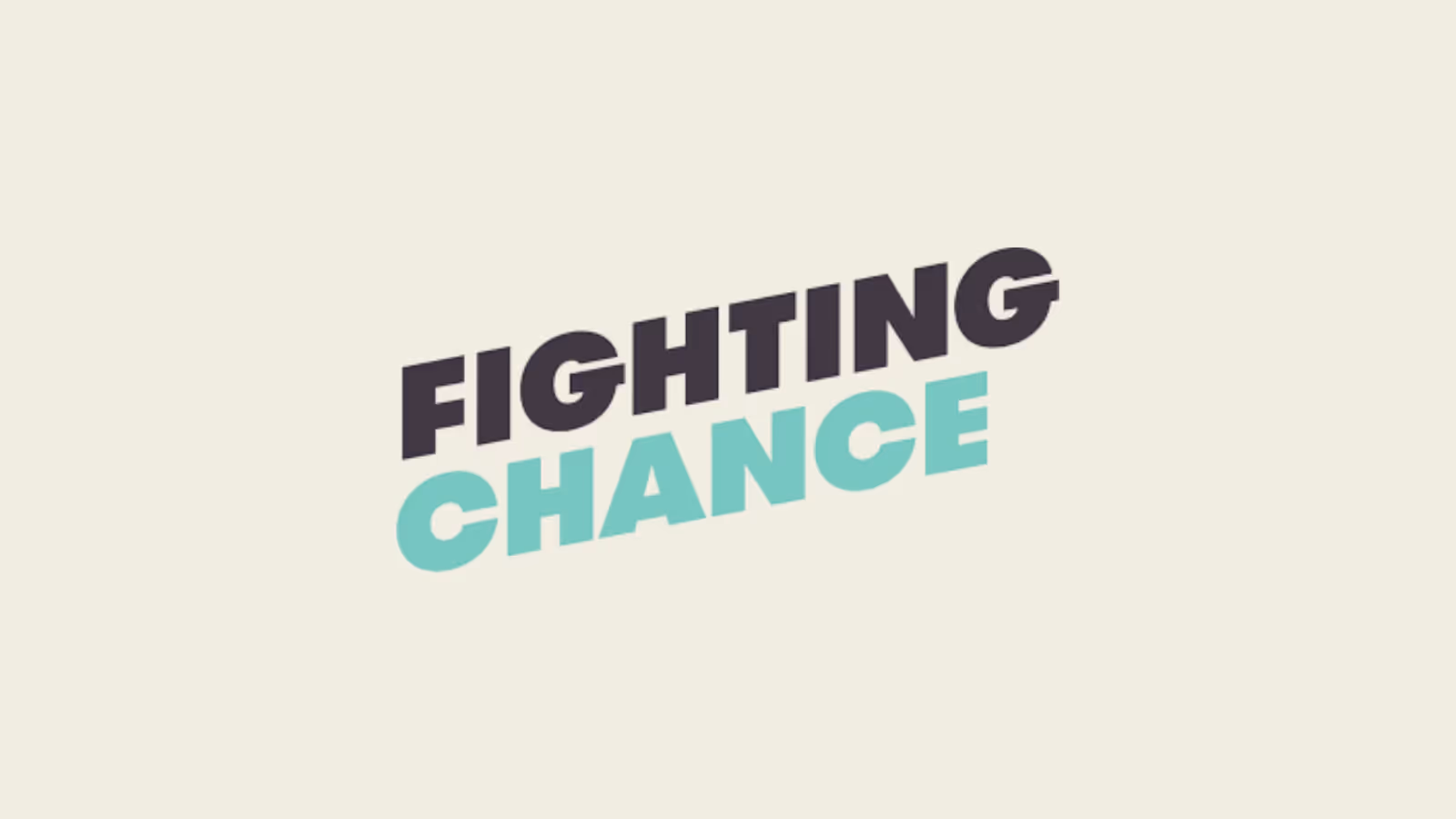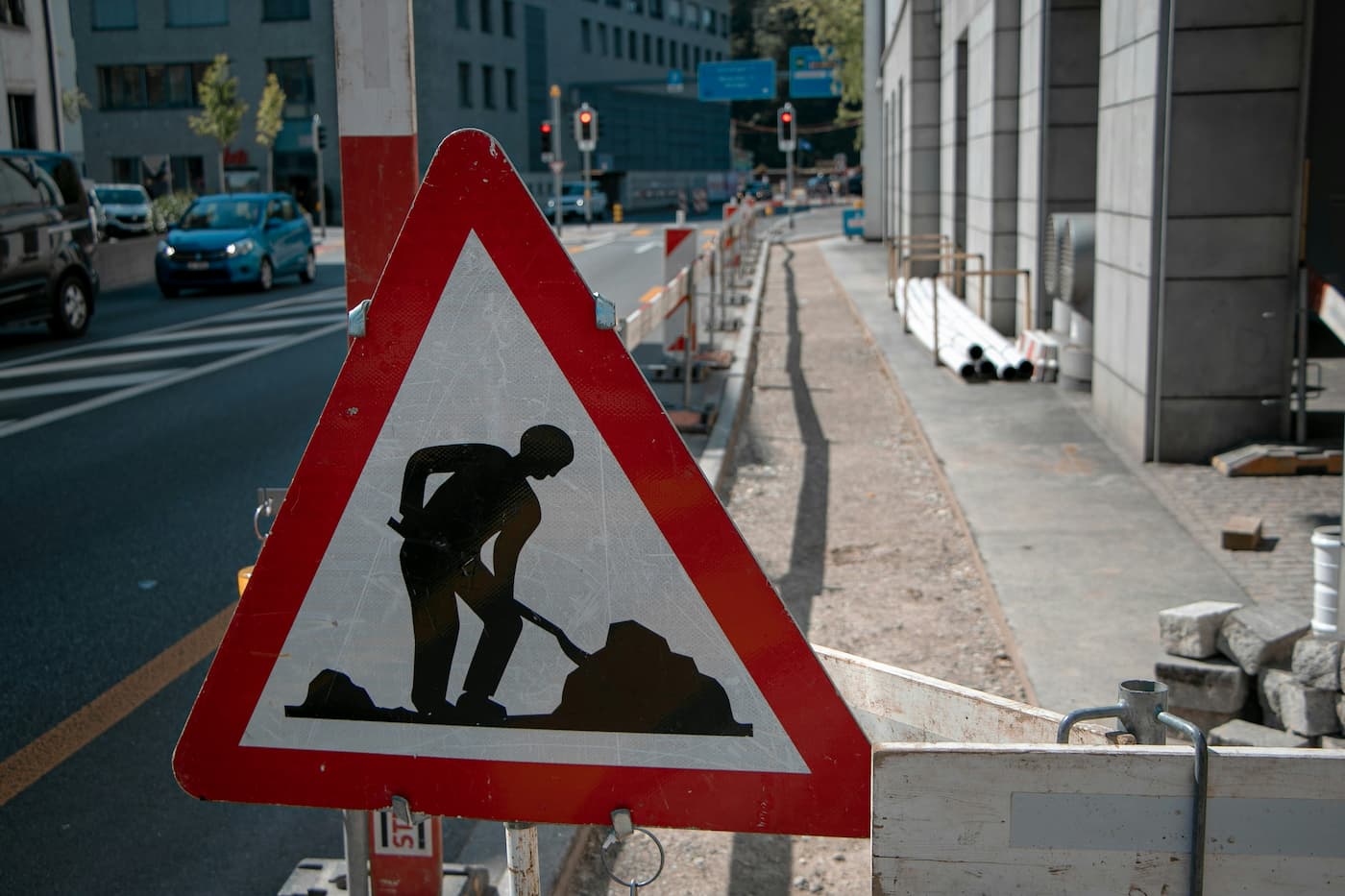Remote or Isolated Work
Remote or isolated work raises stress risks. Learn how to manage these hazards effectively with Foremind.
.avif)
Work that is isolated from the assistance of other persons because of the location, time or nature of the work. Working in environments where there are long travel times, poor access to resources, or communications are limited and difficult.
Staff who work in remote environments, have limited access to help if required or work completely alone are at higher risk of workplace stress. In combination with other risk factors such as poor physical environment and poor job support this could be considered a psychological hazard.
Remote workers may be more likely to experience social isolation than their in-office counterparts. This can be due to a number of factors, including:
- Lack of face-to-face interaction with colleagues
- Difficulty building relationships with colleagues
- Feeling disconnected from the organization
- Feeling like they are not part of a team
Let’s Look at an Example
Tina works as an after hours cleaner at the airport. Tina is exposed to extremely loud noises and chemicals whilst at work, but has no one to ask about appropriate PPE as she works alone.
Tina completed a week onboarding and now receives her shifts via email and does not know who her boss is to ask for more support. Tina begins to notice pain in her shoulder during her late night cleaning shifts.
Risk Factors For Isolated & Remote Work
Isolated work can increase the risk of a number of psychosocial hazards, including:
Stress
Working alone can be stressful, as the worker may feel isolated and unsupported. This can lead to feelings of anxiety, depression, and burnout. See our guide on how to reduce stress at work.
Loneliness
Working alone can also lead to loneliness, as the worker may miss out on social interaction and support. This can lead to feelings of isolation and despair.
Safety
Workers who work alone are at increased risk of accidents and injuries, as they may not have anyone to help them in an emergency.
Mental health problems
Working alone can increase the risk of mental health problems at work, such as anxiety, depression, and post-traumatic stress disorder.
Impact
Social isolation can have a number of negative impacts on workers’ mental and physical health, including:
- Increased stress
- Decreased motivation
- Increased feelings of loneliness and depression
- Decreased productivity
- Increased risk of accidents
Control measures
There are a number of things that can be done to control the risk of social isolation in remote workers, including:
Regular communication
Workers who work alone should have regular communication with their supervisor or another trusted colleague. This can help to reduce feelings of isolation and provide support in times of need.
Access to support
Workers who work alone should have access to support services, such as workplace counseling or mental health support. This can help to identify and address any problems early on.
Safety procedures
Workers who work alone should be trained in safety procedures and have access to the necessary safety equipment. This can help to reduce the risk of accidents and injuries.
Additional Recommendations
Social isolation is a real risk for remote workers. By implementing control measures, organizations can help to reduce the risk of social isolation and improve the mental and physical health of their remote workforce. Isolated work can increase the risk of a number of psychosocial hazards.
By implementing appropriate control measures, employers can help to reduce these risks and protect the health and safety of their employees.
In addition to the above, here are some additional tips for managing psychosocial hazards in remote work:
- Set clear expectations and goals with your team. This will help to reduce uncertainty and ambiguity, which can lead to stress.
- Provide regular feedback and support to your team. This will help to keep them motivated and engaged.
- Encourage your team to take breaks and to disconnect from work when they are not working. This will help to prevent burnout.
- Create a flexible work environment that allows your team to work in a way that suits their individual needs. This will help to reduce stress and improve productivity.
Your Compliance Checklist
Do you have the following in place within your organisation?
- A Psychosocial Hazard screening tool
- Incident reporting for staff
- A risk assessment framework
- A review system with automated alerts
- An Employee Assistance Program (EAP)
- Manager training program

Hello 👋 I’m Joel the founder of Foremind.
Are you ready for simplified support & compliance?
Latest insights
Answers to the frequently asked questions.
Still have questions?
Email us at enquiries@foremind.com.au and we'll get back to you quickly with a response
Yes, we have culturally competent counsellors available, including those able to work with first nation and CALD employees.
Onshore on secure AWS Servers in Sydney Australia. All data is encrypted in transit and at rest and our entire team is located in Australia.
Employees can access our platform on any device (mobile, laptop, desktop, etc.) as long you have the website link - no need to download any app on devices. You wouldn’t need to enrol any of your staff individually.- When we do our onboarding, we ask for the first name, last name and email of all your employees, and send out an email invite to all them which will allow them to create their own individual account to access the platform. For new staff we can also invite them or provide you with a unique link to embed in your onboarding process, whichever is more convenient for you. We also kick things off with a launch webinar or video to make sure everyone is aware of Foremind and how to use it. We’ll also provide you with any collateral such as posters, QR codes, brochures etc. to help drive awareness and encourage people to create an account in the platform.
The support line is answered by our reception service 24/7. It is for urgent platform or session-related issues only (e.g. *“My counsellor didn’t show”*) or helping staff create an account.





